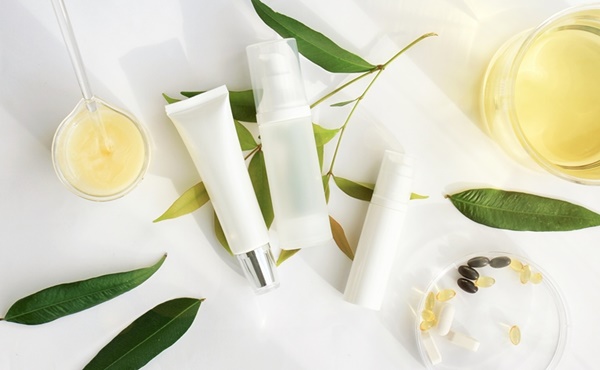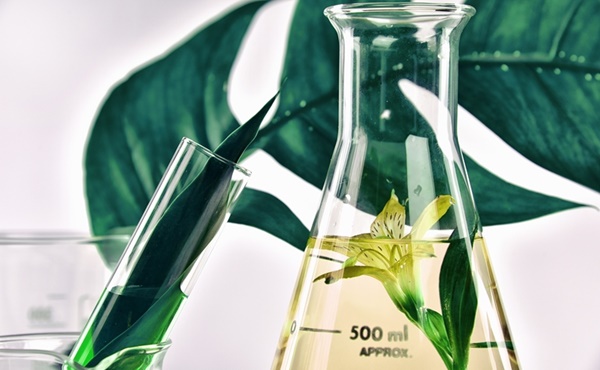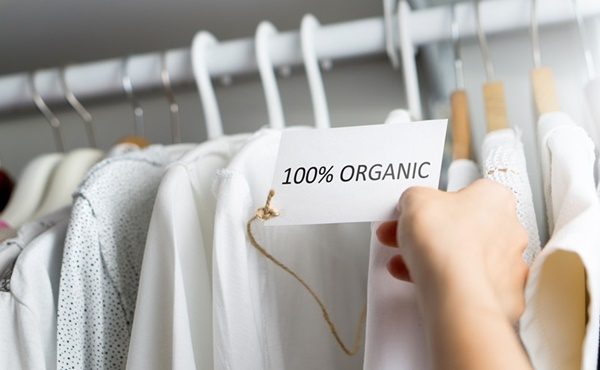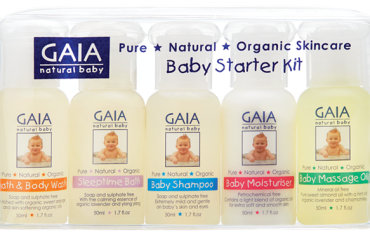The Australian Competition and Consumer Commission’s (ACCC) recent crackdown on false and misleading organic claims has certainly ruffled some feathers and highlights the many misconceptions consumers face when it comes to ‘organic’ products.
While a product is not legally required to be certified to be described as organic, any claims that are made about the product must be substantiated and the labelling must not be false, misleading or deceptive.
So what should retailers look out for when they want to stock organic products in their stores?
It’s not just about what goes in them, but also what is left out. Consumers understand that organic products are made based on the philosophy that the ingredients are centred around caring for the environment, without relying upon synthetic chemicals, mineral oils or genetically modified organisms (GMOs); that they contain ingredients that are grown without the use of synthetic pesticides, herbicides, hormones and antibiotics; and that any preservatives and emulsifiers used in organic products to extend shelf life are similarly based on the same standards.

Certification does help. Organic certification programs were set up in Australia from the 1980s to ensure that what was claimed to be organic met these expectations and standards. It required an independent setting of standards and an independent team of assessors (known as auditors or inspectors) to ensure farmers, processors, manufacturers and brand owners were complying with the same rules and regulations.
Put a logo on it. Consumers cannot be sure a product is organic unless it displays an organic certification logo such as the Australian Certified Organic bud logo. An organic certification logo protects consumers from misleading claims and is the mark of a genuine organic product, which has been independently audited all along the production chain to comply with strict organic standards that can be accessed by consumers.
So, when you are looking for a truly authentic product and want to ensure that it is organic, you should look out for the certified organic symbol, which demonstrates the product has met and, in some cases, exceeded minimum requirements. Most importantly, this shows the remaining non-organic content (for example, preservatives that extend shelf life) adhere to allowable ingredients within the standards that excludes synthetic chemicals.
Not legally required. Although this all sounds simple, it is far from easy, which is often the reason many brands do not go to the ends of the earth to produce a beautiful range of products that adhere to the following organic standards.

While certification is not legally required for a product supplied in Australia to be described as organic, the ACCC says businesses must be able to substantiate claims that a product is organic. Consumers purchasing organic products should be able to feel confident that the ingredients are in fact organic.







